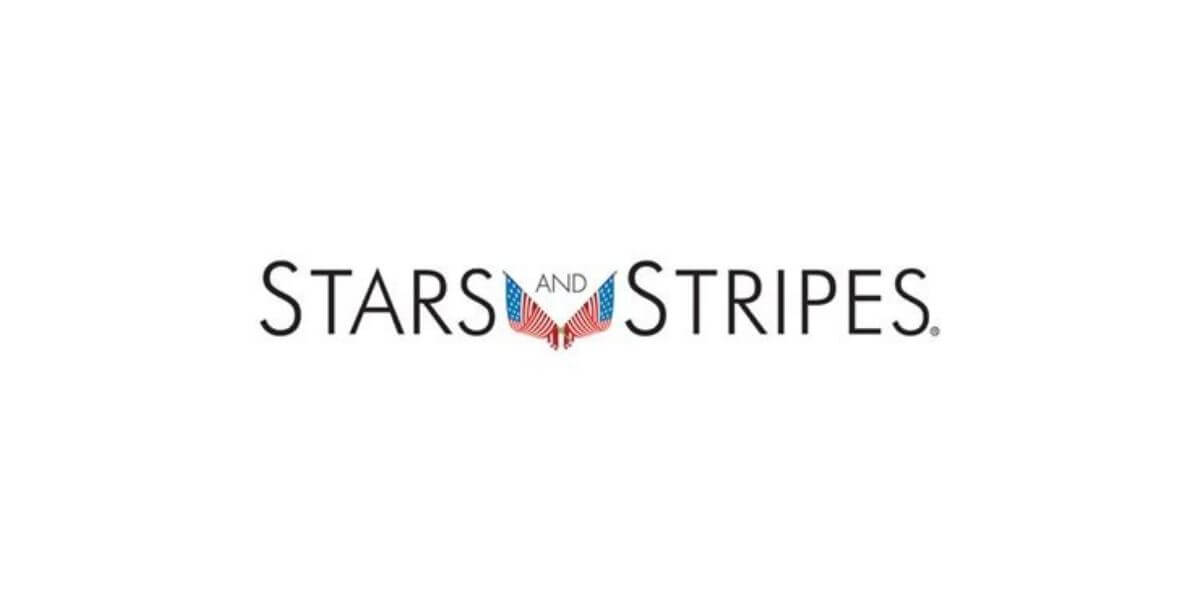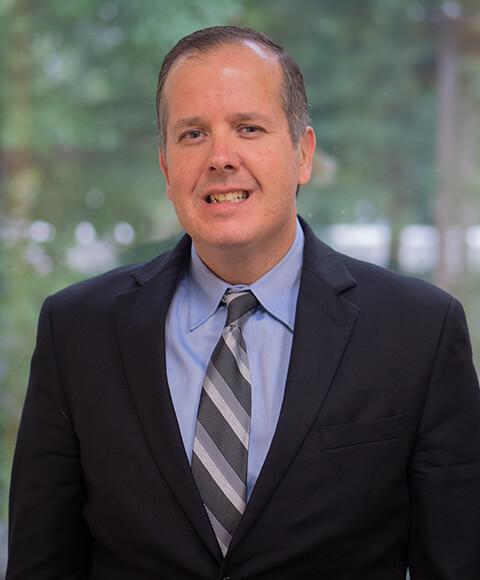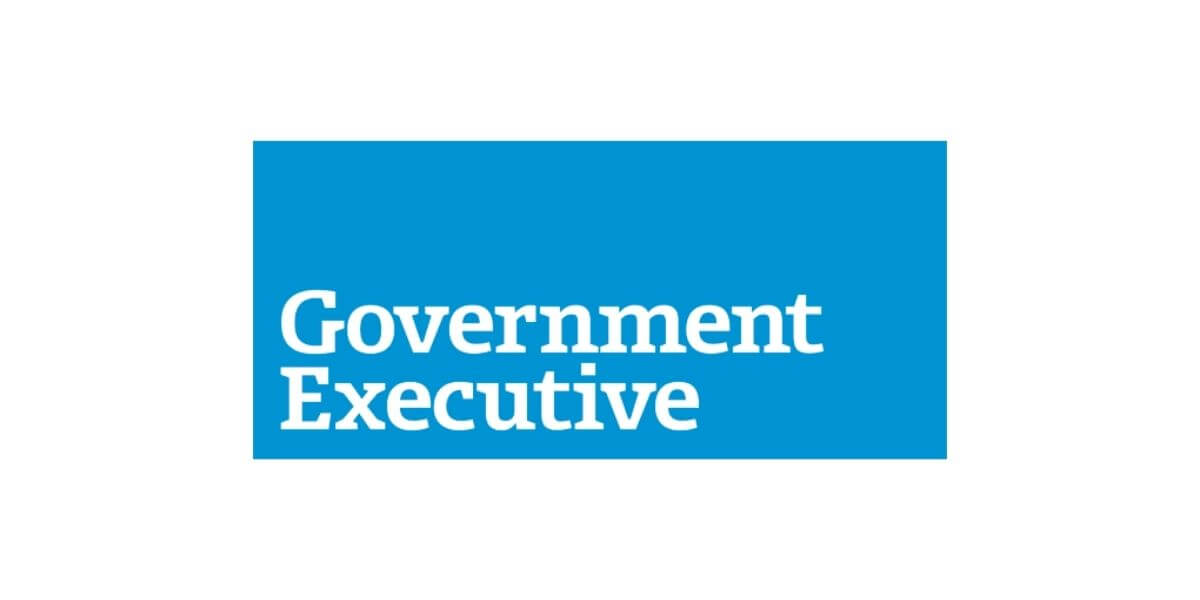WASHINGTON – Military chaplains say they are navigating a nuanced process of determining which service members get religious exemptions to avoid the mandated coronavirus vaccine as attorneys representing some troops contend their methods have led to unfair treatment in some cases.
Now as deadlines loom for all service members to get the vaccine, troops who are denied exemptions will be forced to choose between taking the shots or leaving the service. But measuring a person’s religious sincerity can be tricky, leaving some troops waiting anxiously for a decision, some chaplains and attorneys said.
While the religious-exemption processes are established in service doctrines, military chaplains said their role in the process is complicated. Chaplains must determine whether service members are truthful in their religious objections to the vaccine or simply using faith to avoid a shot they don’t want to take. It’s a case-by-case process that requires the chaplains to make recommendations to the chain of command.
“For those who are against the vaccine for religious reasons, the chaplains really determine the severity of their religious conviction,” said Navy Capt. Richard Ryan, the chaplain overseeing the service’s Pacific fleet. “The policy says it’ll be on a case-by-case basis and it is based on the sincerity of the religious conviction.”
But some attorneys claim the case-by-case nature of the process leads to uneven treatment that derides military effectiveness by making social pariahs out of vaccine refusers.
“They can do this ad hoc treatment where some individuals are getting assistance from the command and others are being basically bullied and harassed,” said Houston attorney Sean Timmons, a former Army prosecutor who is representing some troops in this matter. “That’s creating a lot of readiness issues because the unit’s supposed to be a cohesive team to deploy together to fight a mission.”
The mandate, which Defense Secretary Lloyd Austin issued in August, requires all service members who refuse the shot without an approved medical, religious or other administrative exemption to be separated from the military for failing to obey a lawful order, according to the Pentagon.
There are several steps before separation, which include a series of consultations with commanders and medical professionals meant to address any misinformation about the vaccine, which the Food and Drug Administration approved for emergency use nearly a year ago. The FDA in August gave full approval to the Pfizer vaccine, which prompted Austin to issue the military mandate.
Austin called the vaccine “necessary to protect the force and defend the American people” in his Aug. 24 memo announcing the mandate.
“Mandatory vaccinations are familiar to all of our service members, and mission-critical inoculation is almost as old as the U.S. military itself,” he said.
The coronavirus has killed 71 service members, about half of whom died after the vaccine became available, according to the latest Defense Department data. Most were unvaccinated, though some vaccination statuses were not reported.
Despite some troops seeking exemptions, the services have reported high vaccination rates.
About 97% of active-duty troops have received at least one dose of the vaccine, though a fraction have submitted exemption requests for religious, medical or other administrative reasons. The rates for active-duty troops broken down by service are about 92% of the Marine Corps, 93% of the Army, 99% of the Navy and 98% of the Air Force and Space Force who are at least partially vaccinated, according to the services’ latest data.
“I think you can see from the numbers … there’s not a lot of resistance,” Kirby told reporters Wednesday at the Pentagon. “People understand that this is an important program, and they’re participating in it.”
Troops in the Air Force and Space Force must be fully vaccinated by Nov. 2, those in the Marine Corps and Navy by Nov. 28 and soldiers in the Army by Dec. 15, each service branch has announced separately.
Service leaders have declined to say how many exemption requests have been filed, though the Army, Navy and Marine Corps said no permanent religious exemptions so far had been approved. The Air Force, which also oversees the Space Force’s vaccine data, did not say whether any religious exemption requests by guardians or airmen have been approved.
While Austin has said vaccinating troops against the coronavirus is a matter of military readiness, chief Pentagon spokesman John Kirby on Monday said it is also important to allow troops an opportunity to request accommodations if the vaccine goes against their religious convictions.
“We want to respect people’s religious beliefs in the military, and one of the freedoms that we fight for here in the military is religious freedom,” he said. “So in keeping with our values as an institution, [we] allow people who are concerned from a religious perspective to be able to state that perspective and to have that worked out.”
Complicated process
The military has an established protocol for handling exemption requests. While each branch has service-specific guidelines, the processes are largely the same: File an exemption request with the commanding officer, undergo a series of interviews with commanders, chaplains and doctors, then wait for a decision from the Pentagon to approve or deny the request.
Timmons said his office has helped secure a handful of exemption recommendations from commands at Fort Hood, Texas, and Fort Bragg, N.C. Those recommendations now are awaiting final approval by the Army secretary.
His colleagues have also helped some troops in the Navy, Marine Corps and Air Force, but Timmons could not say how many. None had received secretary-level approval yet.
“Each branch has to go to the office of the secretary of the service for final approval, so a lot of applications are sitting waiting [to be] finally approved by the secretary,” Timmons said.
But the judgment included in that process is anything but clear cut, he added.
“They’re trying to ‘determine if individuals have a sincere religious conviction that’s causing them to be opposed morally to vaccination,’ but how do you judge somebody’s religious sincerity?” he asked. “That’s really subjective. There’s not really an objective way to do that.”
To answer that question, the military turns to its chaplains, who have been tasked with interviewing exemption requestees to help commanders and other decisionmakers understand whether a claim is true.
“Sincerely held religious beliefs are hard to judge by someone else, so you kind of have to go by that person’s conviction,” Ryan said.
Religious freedom is protected by the First Amendment, and the services traditionally have allowed some accommodations to honor religious beliefs, such as allowing female Muslim troops to wear hijabs in uniform.
With the coronavirus vaccine, some Christians, for example, have objected to accepting shots tested on laboratory-grown cells that descended from fetal cells aborted decades earlier, according to Eve Schatelowitz, an attorney based in Round Rock, Texas. The vaccines themselves contain no aborted fetal cells, according to the FDA.
That issue complicates the sincerity determination for chaplains when the same service members objecting to the coronavirus vaccine for fetal-cell reasons did not object to other military-mandated vaccines that used the same process, such as the chickenpox and hepatitis A vaccines.
“Can you say, ‘I have a sincerely held religious belief against the [coronavirus] vaccine, but I’m OK taking every other vaccine’?” Ryan asked. “I don’t know, can you do that? It’s a case-by-case basis.”
Fairness concerns
Timmons said the case-by-case process can cause fairness issues. Among his clients, he said he’s seen a pattern of those who are well liked by their command having an easier time securing the exemptions than those who are not.
“The reality is they’re helping those who they think are top performers, and everybody else, they’re browbeating them and putting them under duress, and if they don’t comply … they’re moving to separate [them],” he said.
Timmons, who is vaccinated, said he’s seen his “clients inflicted with significant harassment — being admonished, being mocked, being bullied, being ostracized” by their chain of command for refusing to get the shot.
For example, he said some troops were told to “sit in the corner” after declining the shot at command-ordered mass vaccination events, which is “a way to mock those individuals who aren’t complying with directives to get vaccinated.”
“They look like kids in a classroom back in the ‘80s when it used to be that the ones who talk too much were put in the corner of the room to prevent them from talking,” Timmons said.
Kirby on Wednesday told reporters that he was unaware of reports of unfair treatment regarding vaccine exemptions, adding Austin expects “leaders throughout the department are going to handle the mandatory vaccination program with compassion and with understanding.”
“There’s an exemption policy that’s been in place well before the [coronavirus] vaccine. It’s not new,” Kirby said. “And [Austin’s] expectation is that if members of the military want to apply for one that they should be able to, and they should be able to make their case.”
Determining sincerity
While there’s no standardized Defense Department script that chaplains must use to determine religious convictions, some commands have developed key questions to ask.
For example, a religious accommodation interview questionnaire used by the Army Chaplain Corps asks questions such as “How does your religion influence and shape your lifestyle?” and “How is your religious practice burdened by military regulation?”
Schatelowitz, who is helping her Greek Orthodox son through the Army’s exemption process, advises troops seeking exemptions to know and study their religious beliefs before starting the request process.
“In order to show sincerity, you’re going to have to know what you’re talking about,” she said.
Schatelowitz said those seeking waivers should at least know the basic tenants of the religion and why receiving the vaccine violates one’s religious convictions.
“If you just walk in and go, ‘Hey, you know, this is against my religion,’ they’re not going to believe you,” she said. “You basically have to convince them and the only way you can convince people of anything is if you know your position inside and out.”
‘Belief of the individual’
Religious beliefs don’t necessarily have to align with what an established church or religion teaches about the vaccine, Ryan said.
For example, Pope Francis has said taking the vaccine is “an act of love” and consistent with the Catholic faith, but that doesn’t nullify a Catholic service member’s claim that it goes against his or her beliefs to receive the vaccine.
“It’s not just about what the denomination thinks – it’s the belief of the individual,” Ryan said. “You can be Catholic and disagree with the Catholic Church on that and it’s still a sincerely held religious belief.”
Believers also do not have to be affiliated with an established, mainstream religion or denomination to qualify for exemption. For example, Ryan said if an individual claimed the Holy Spirit told them not to receive a vaccine, that belief could also be enough to grant a religious exemption if a chaplain is convinced of the service member’s sincerity.
“It’s still a sincerely held belief [and] it qualifies to be processed under that religious accommodation waiver,” he said. “Now I’m not saying that guarantees the waiver.”
Within days until the first vaccine deadline, Schatelowitz said interested troops need to file religious exemption requests as soon as possible. Contacting an attorney is not required, but it can help, she said.
“I don’t think it’s a situation where people should just say, ‘Well, I’m never going to get it so I shouldn’t try,’” Schatelowitz said. “I think a person should try, but they have got to be very sincere.”




